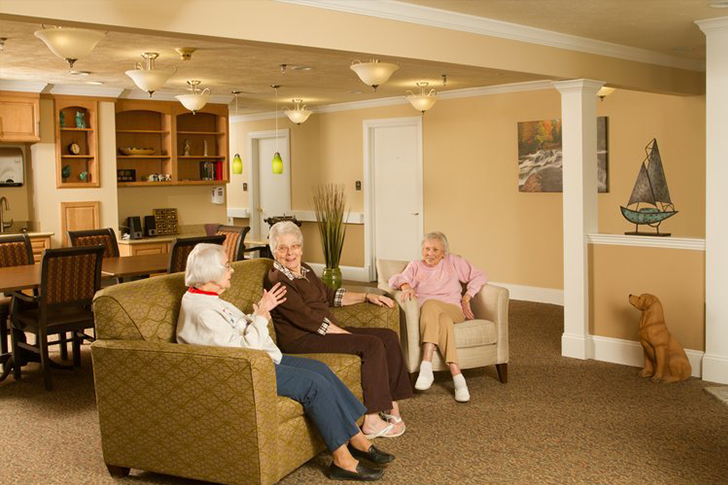Guide to Finding Affordable Apartments for Seniors
Finding an affordable apartment as a senior can be challenging, especially in a market where prices are consistently rising. However, valuable options exist that can help seniors secure a comfortable and safe living space without stretching their budgets. This guide aims to provide seniors and their families with practical advice, factual information, and thoughtful strategies to find affordable housing that meets their needs and financial constraints.

Understanding the Housing Needs of Seniors
Before embarking on the search for an affordable apartment, it is important to understand the specific needs that seniors may have. Accessibility is a significant consideration; many seniors require features such as no-step entry, single-floor living, and accessible bathroom fixtures. According to a 2017 report by the Joint Center for Housing Studies of Harvard University, only 3.5% of U.S. homes are equipped to handle seniors with mobility challenges. Recognizing these requirements early in your search can narrow down options and direct focus towards suitable accommodations.
Exploring Government-Subsidized Housing Options
One of the first avenues to explore is government-subsidized housing, designed to assist seniors with limited income. The U.S. Department of Housing and Urban Development (HUD) offers several programs, such as Section 202 Supportive Housing for the Elderly. This initiative provides funding to nonprofit sponsors to help them build and operate housing for low-income seniors. Additionally, the HUD public housing program and the Housing Choice Voucher Program (Section 8) can provide significant rental assistance. It’s worth noting that these programs can have long waiting lists, so it may be wise to apply as early as possible.
Utilizing Tax Credit and Affordable Senior Housing Programs
Many states offer Low-Income Housing Tax Credit (LIHTC) properties that provide affordable rental housing to older adults. These properties are not exclusively for seniors, but they often have a portion of units designated for older adults. LIHTC apartments typically charge rent based on a percentage of the resident’s income, which can significantly alleviate financial burdens. It’s advisable to contact local housing finance agencies to find out about available tax credit rental options in your area.
Considering the Benefits of Senior Co-Housing
Senior co-housing is an emerging trend that involves a community of private homes centered around shared space. This model encourages social interaction and mutual support, which are vital aspects of healthy aging. Co-housing communities often provide shared amenities such as dining halls, libraries, and gardens, and importantly, they can be more affordable than traditional senior housing. Each co-housing community is unique, so costs vary, but they can often provide a cost-effective solution for seniors looking to maintain an independent lifestyle while keeping living expenses low.
Looking Into Non-Profit and Charitable Foundations
Many non-profit organizations and charitable foundations offer housing assistance for seniors. Groups like Mercy Housing, the National Church Residences, and the Volunteers of America construct and manage affordable housing projects for the elderly across the United States. These organizations not only provide housing but also ensure a range of supportive services that enhance the quality of life for their residents. Accessing these resources typically involves contacting the organization directly to inquire about availability and eligibility.
Engaging with Local Realtors and Real Estate Platforms
Local real estate agents familiar with the senior housing market can be invaluable in finding affordable options. Particularly, realtors who specialize in senior transitions might have insider knowledge about upcoming availabilities or less-advertised housing solutions. Additionally, online real estate platforms like Zillow, Realtor.com, and Rent.com can be useful tools. These platforms often allow users to filter searches by price range, location, and accessible features, making it easier to find suitable listings.
Navigating Senior Discounts and Incentives
Seniors may be eligible for discounts and incentive programs that can help reduce housing costs. Some utility companies offer discounted rates for seniors, and property management companies might have incentives like reduced security deposits or waived application fees for senior tenants. Furthermore, some states lend property tax allowances or freeze programs to help seniors manage housing expenses more effectively.
Conclusion
Securing affordable housing as a senior requires patience, thorough research, and a proactive approach to exploring all available avenues. By understanding personal needs, utilizing government assistance programs, engaging in new housing trends like co-housing, and leveraging discounts and non-profit resources, seniors can find suitable and financially manageable living arrangements. Though the process might seem daunting at first, the peace of mind and financial security gained from finding the right home are invaluable.







Recent Comments